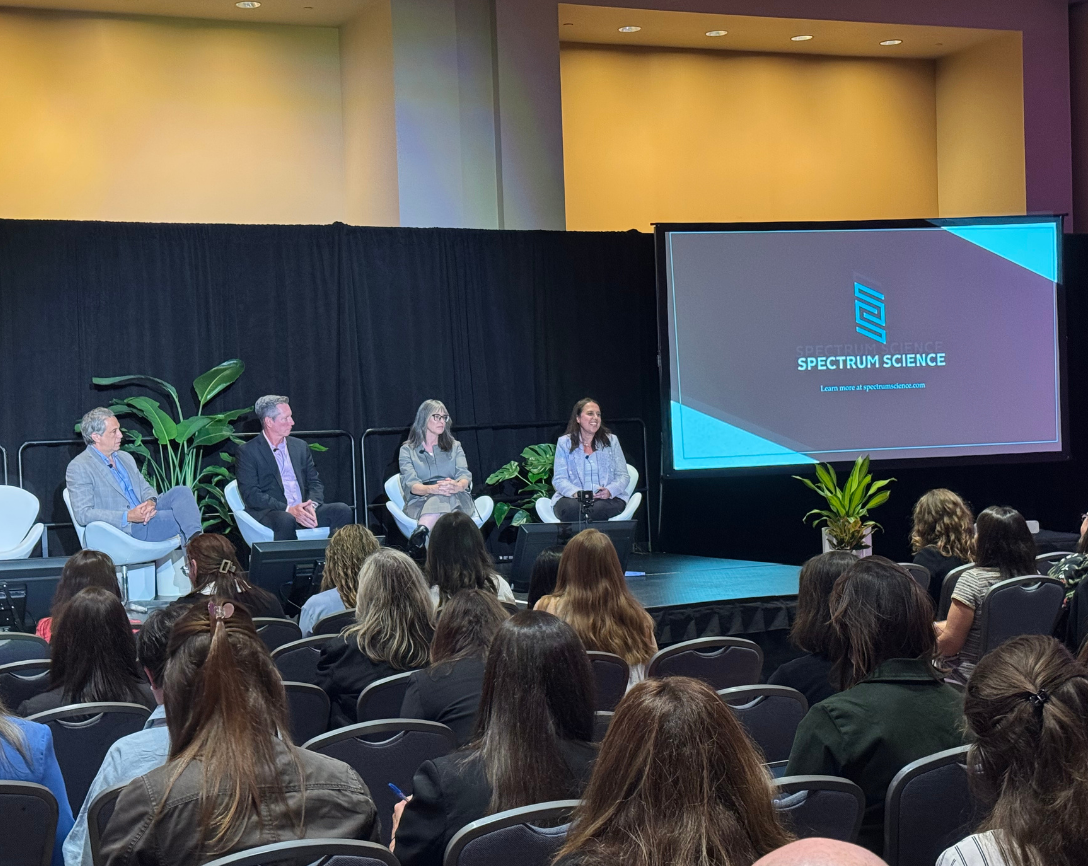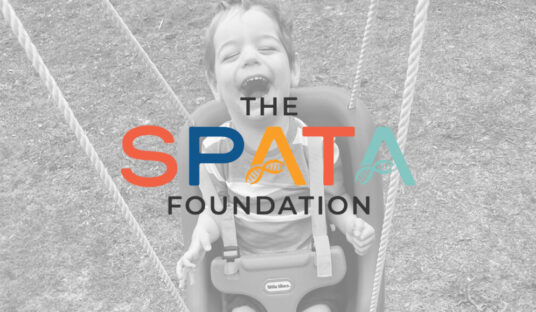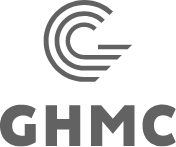
As AI search platforms like ChatGPT and Perplexity become trusted sources of health information, communicators face a new challenge: what happens when these tools surface outdated or incomplete information about your brand?
This was the focus of our recent Fierce Pharma Week panel where Spectrum Science’s Michelle Gross, Michelle Strier and Bryan Blatstein joined Bob Rambo, EVP of Marketing at NewAmsterdam Pharma, to explore how life sciences companies can get ahead of this shift through Generative Engine Optimization (GEO).
Why AI Search Raises the Stakes
In healthcare, where information is often complex, this shift is happening fast. In fact, Google is projected to lose 60% of search activity to AI models. That means if generative tools deliver outdated or inaccurate responses, stakeholders like patients, providers and investors could form misinformed perceptions of a company, product or therapeutic area.
NewAmsterdam Pharma experienced this challenge firsthand. Despite investing in SEO and regularly updating their website, when the team asked AI engines about their investigational cholesterol-lowering medicine as well as its drug class, the answers were based on old, Phase 2 clinical data and from past failures in the class rather than their latest, positive Phase 3 results.
“AI gives you what seems like the truth, but it might not be accurate,” Rambo explained. “We have to shape the narrative, or it will be shaped for us.”
Introducing GEO: Generative Engine Optimization
To solve this, Spectrum developed a practical GEO approach; an evolution of SEO that accounts for how AI tools parse, prioritize and synthesize information.
The panel outlined three core steps:
- Audit your AI presence – Regularly monitor what AI engines are surfacing about your brand or therapeutic area.
- Retire or label outdated content – AI tools can’t interpret context the way humans can, so old content must be removed or clearly tagged to ensure the newest data is prioritized.
- Seed accurate narratives through earned media and natural language content – AI platforms heavily weight trusted third-party sources like Fierce, Stat and Reuters. Clear, human-sounding language also increases crawlability. In this landscape, earned media isn’t just valuable, it’s currency and it signals credibility to AI engines.
What does this mean for you?
- AI search is here now. It’s not a trend to watch and it’s actively shaping healthcare narratives today.
- GEO + SEO = stronger visibility. Traditional SEO alone isn’t enough. GEO helps ensure AI engines surface accurate, relevant information.
- Proactive storytelling matters. Every piece of content such as press releases, FAQs, social posts, and earned media all contribute to how AI platforms define your brand.
- Start now. The longer outdated content lingers, the harder it is to shift the narrative.
Rambo summed it up best: “AI is playing a significant role in how audiences learn about your brand. It’s not a nice-to-have, it’s a must-have.”
By adopting GEO strategies today, communicators can take control of their story before algorithms tell it for them. If you’re looking for help with your SEO and GEO strategy, let’s connect!
You can watch the full panel recording below.
Perspectives

Spectrum Science
A Page by Page Summer Reading Challenge

Spectrum Science
Prioritizing Your Mental Elf in 2024

Spectrum Science
Spectrum Leaders Give 2024 Predictions for MM+M

Spectrum Science
Spectrum Science Acquires Continuum Clinical, Amplifying Patient Recruitment Capabilities





